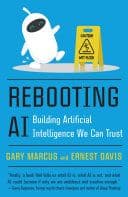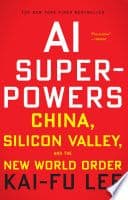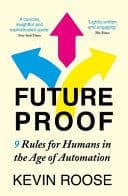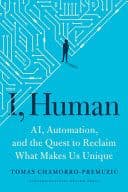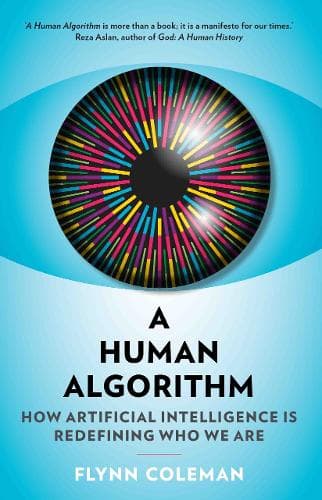
A Human Algorithm:
How Artificial Intelligence Is Redefining Who We Are
Examining the immense impact intelligent technology will have on humanity
DIFFICULTY
intermediate
PAGES
336
READ TIME
≈ 420 mins
DIFFICULTY
intermediate
PAGES
336
READ TIME
≈ 420 mins
About A Human Algorithm
AI isn’t neutral; it’s a mirror—reflecting the values, blind spots, and power structures of those who build it. In A Human Algorithm, human-rights lawyer Flynn Coleman argues for anchoring AI in universal rights, not convenience or profit.
Drawing on courtrooms, refugee camps, and design labs, she unpacks bias in sentencing software, predictive policing, workplace automation, and data‑hungry platforms. Coleman translates abstractions—surveillance, algorithmic harm, accountability—into plain language, then sketches pragmatic safeguards.
Her bigger question runs beneath the code: what do we refuse to outsource—empathy, creativity, dignity? As algorithms increasingly govern jobs, justice, and citizenship, this book equips citizens, builders, and policymakers to demand technology that expands human freedom rather than compressing it.
What You'll Learn
- How AI systems embody human values and biases
- The ethical, legal, and social implications of AI deployment
- Frameworks for responsible, human-rights-centered AI design
- Policy levers for accountability, transparency, and oversight
- Risks to labour, privacy, and equity—and ways to mitigate them
Key Takeaways
- AI encodes and amplifies human choices
- Human rights as AI design principle
- Transparency and accountability are essential
- Inclusive, interdisciplinary governance is key
- Technology should augment, not replace, humanity

